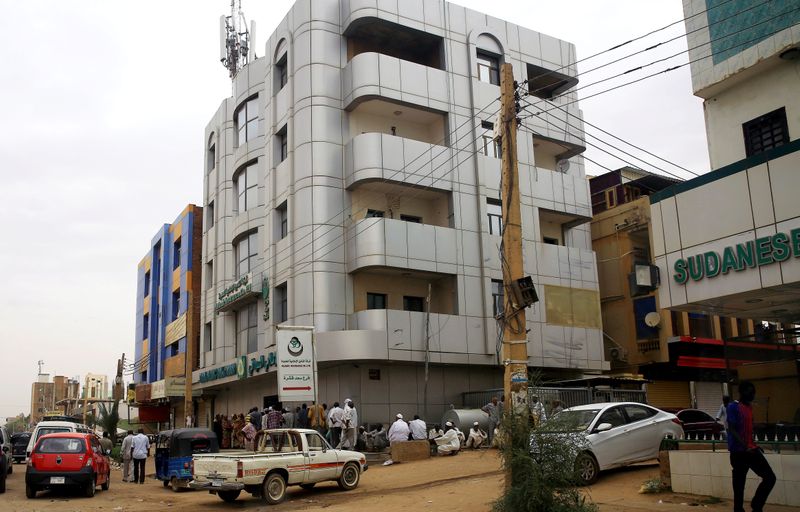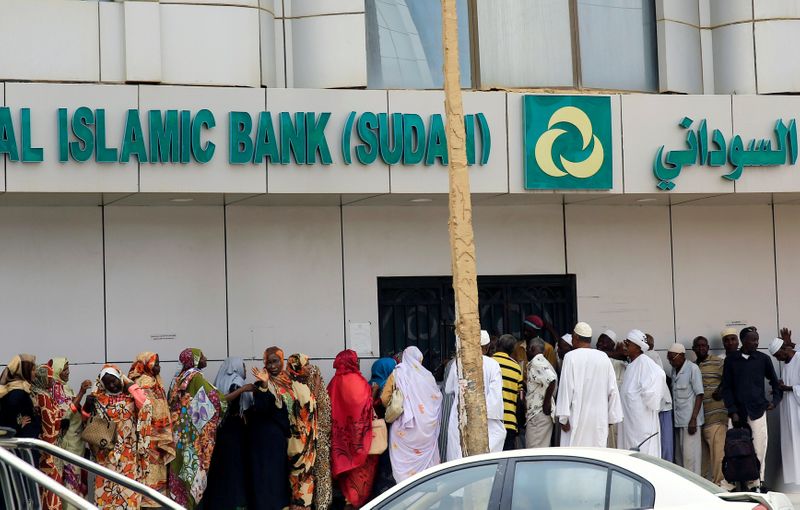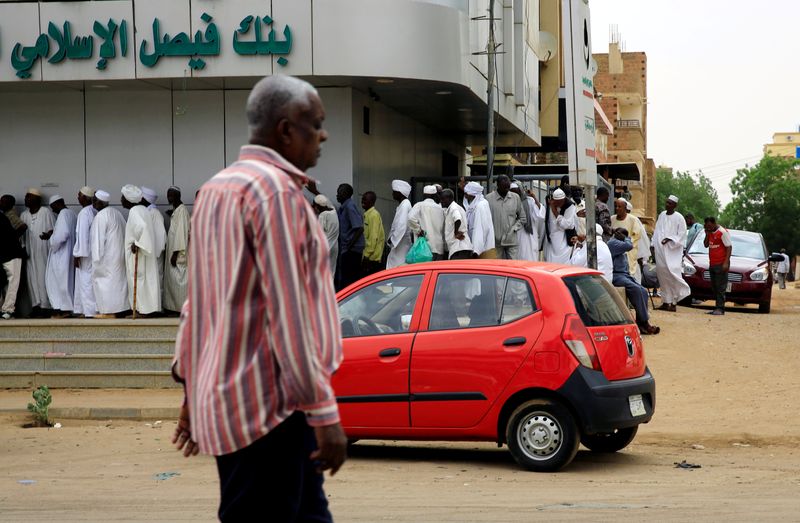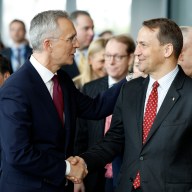KHARTOUM (Reuters) – Sudanese banks face a major shake-up in 2021 to address the damage caused by decades of international isolation and state interference, which bankers say will require capital injections, mergers or in some cases closures.
Nearly two years after the overthrow of ex-president Omar al-Bashir, the changes were prompted by an International Monetary Fund reform plan and the United States removing Sudan from a state-sponsor of terrorism list.
Many of Sudan’s 37 banks are undercapitalised, lack proper accounting standards and show strains from years of an unrealistically valued currency, bankers told Reuters.
The central bank has given them until the end of the year to increase their capital by asking shareholders for more funds or by merging with stronger banks.
And last month it said it would sell its stakes in about 11 banks and begin allowing them to practice non-Islamic banking for the first time in more than 30 years.
“It’s going to be a turning point,” Amin Hassan, a Sudanese banking expert, said. “If you want to have foreign investors and people coming from outside and support for them, you have to put your banks in order.”
The foreign currency liabilities of many have ballooned since the central bank last month cut its official exchange rate, from 55 Sudanese pounds to the dollar to around 375 pounds.
Only 19 had passed a recent stress test to see how they would fare after such a devaluation.
BABY STEPS
Banks with significant state ownership often have the largest foreign currency liabilities, the result of the government tapping them for years to help pay for imports.
Others founded after 2000 were required to have capital equivalent to at least $100 million, which the central bank converted into Sudanese pounds.
After repeated devaluations, the capital of more than half a dozen of them is now a fraction of what it was, bankers said.
“All banks in Sudan are undercapitalised,” Amin Shibeika, general manager at a bank in Khartoum, said, adding: “The majority have less than $3 million in capital, outside the very big ones like Bank of Khartoum and Faisal Islamic Bank.”
Yousif El Tinay, chief executive of Khartoum-based United Capital Bank, says their options will be to demand more capital from their owners, to merger or to close.
“It will play out as we get closer and closer to the year-end, which is the timeframe which the central bank has put in place,” he said. “It’s baby steps right now, but they are going to have to start making some leaps fairly soon.”
This corresponds with the central bank’s timeline for selling its holdings, which are mainly in banks with other substantial government ownership, bankers said.
Government entities such as the finance ministry have yet to indicate whether they might sell their stakes as well.
ISLAMIC BANKING
The central bank last month said it would allow conventional banking after 30 years of sharia law under Bashir.
Banks that switch would still be able to set aside a window for Islamic banking, bankers said, although those that remain Islamic would not be able to practice conventional banking.
“The banking accounting system is built and designed on the Islamic system, and converting it to the traditional system will require a long time,” El Tinay said, adding that the central bank will need time to amend laws and control.
Sudanese banks remain hobbled by the continued hesitation of foreign banks to open correspondent relations, despite Sudan’s removal from the U.S. terrorism list.
“They are answering, which is also a development, because in the past they would simply just ignore our messages,” El Tinay said, adding that some are waiting for the central bank to open a dollar account with a U.S.-based bank for dollar clearing.
Bankers expect the central bank to soon demand banks begin complying with Basel III and international accounting standards.
“Each bank has its own way of presenting its financials and sometimes trying to follow central bank regulations,” El Tinay said.
(Reporting by Patrick Werr in Cairo and Nafisa Eltahir in Khartoum; Editing by Alexander Smith)





















